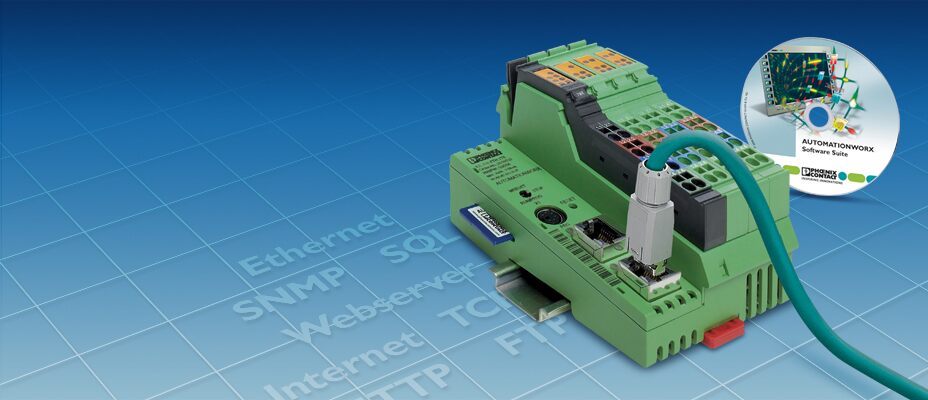1. EXECUTIVE SUMMARY
-
CVSS v3 7.8
- ATTENTION: Exploitable remotely/low skill level to exploit
- Vendor: Phoenix Contact
- Equipment: Automation Worx Software Suite
- Vulnerabilities: Access of Uninitialized Pointer, Out-of-bounds Read, Use After Free
2. RISK EVALUATION
Successful exploitation of these vulnerabilities could allow an attacker, with access to an original PC Worx or Config+ project file, to perform remote code execution.
3. TECHNICAL DETAILS
3.1 AFFECTED PRODUCTS
The following components of Automation Worx Software Suite Version 1.86 and earlier are affected:
- PC Worx
- PC Worx Express
- Config+
3.2 VULNERABILITY OVERVIEW
3.2.1 ACCESS OF UNINITIALIZED POINTER CWE-824
An access of uninitialized pointer vulnerability may allow remote code execution.
CVE-2019-12870 has been assigned to this vulnerability. A CVSS v3 base score of 7.8 has been calculated; the CVSS vector string is (AV:L/AC:L/PR:N/UI:R/S:U/C:H/I:H/A:H).
3.2.2 OUT-OF-BOUNDS READ CWE-125
An out-of-bounds read vulnerability may allow remote code execution.
CVE-2019-12869 has been assigned to this vulnerability. A CVSS v3 base score of 3.3 has been calculated; the CVSS vector string is (AV:L/AC:L/PR:N/UI:R/S:U/C:L/I:N/A:N).
3.2.3 USE AFTER FREE CWE-416
A use after free vulnerability may allow remote code execution.
CVE-2019-12871 has been assigned to this vulnerability. A CVSS v3 base score of 7.8 has been calculated; the CVSS vector string is (AV:L/AC:L/PR:N/UI:R/S:U/C:H/I:H/A:H).
3.3 BACKGROUND
- CRITICAL INFRASTRUCTURE SECTORS: Critical Manufacturing
- COUNTRIES/AREAS DEPLOYED: Worldwide
- COMPANY HEADQUARTERS LOCATION: Germany
3.4 RESEARCHER
9sg Security Team working with Trend Micro’s Zero Day Initiative reported these vulnerabilities to NCCIC.
4. MITIGATIONS
Phoenix Contact is currently working on the next version of the Automation Worx Software Suite. This advisory will be updated with details of the new version when it becomes available.
Phoenix Contact recommends users exchange project files using only secure file exchange services, and that project files should not be exchanged via unencrypted email.
NCCIC recommends users take the following measures to protect themselves from social engineering attacks:
- Do not click web links or open unsolicited attachments in email messages.
- Refer to Recognizing and Avoiding Email Scams for more information on avoiding email scams.
- Refer to Avoiding Social Engineering and Phishing Attacks for more information on social engineering attacks.
NCCIC reminds organizations to perform proper impact analysis and risk assessment prior to deploying defensive measures.
NCCIC also provides a section for control systems security recommended practices on the ICS-CERT web page. Several recommended practices are available for reading and download, including Improving Industrial Control Systems Cybersecurity with Defense-in-Depth Strategies.
Additional mitigation guidance and recommended practices are publicly available on the ICS-CERT website in the Technical Information Paper, ICS-TIP-12-146-01B–Targeted Cyber Intrusion Detection and Mitigation Strategies.
Organizations observing any suspected malicious activity should follow their established internal procedures and report their findings to NCCIC for tracking and correlation against other incidents.
No known public exploits specifically target these vulnerabilities.
Source:
https://ics-cert.us-cert.gov/advisories/ICSA-19-171-01


Stay connected